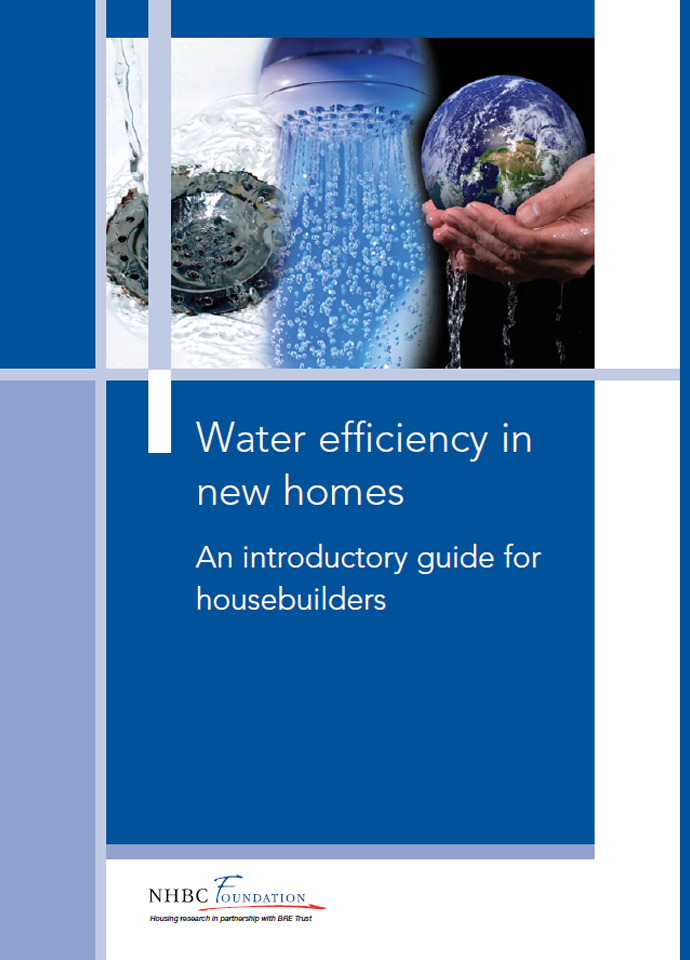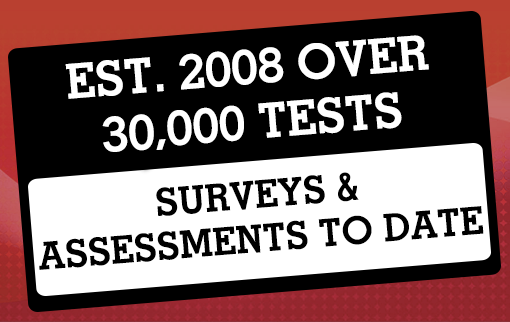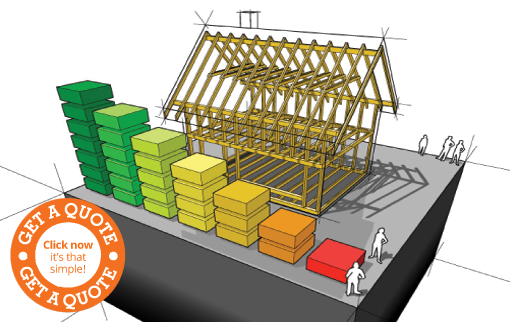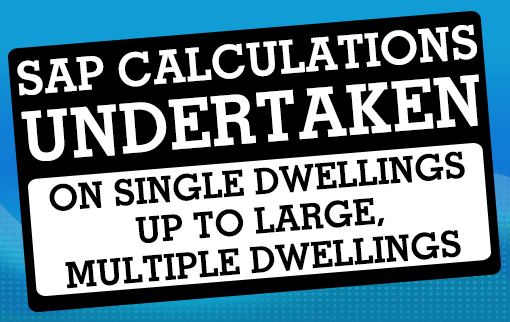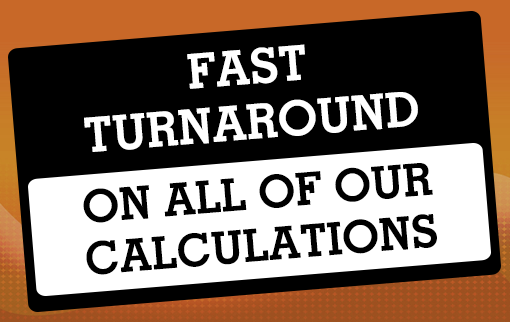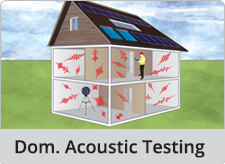Offices Nationwide
Essex - TER DER Calc - 020 3390 0301
The office that covers this area is: London
The towns & cities that are covered within this county are:
Barking, Basildon, Benfleet, Billericay, Braintree, Brentwood, Brightlingsea, Buckhurst Hill, Burnham on Crouch, Canvey Island, Chelmsford, Chigwell, Chipping Ongar, Clacton on Sea, Coggeshall, Colchester, Corringham, Dagenham, Danbury, Dunmow, Earls Colne, Epping, Felsted, Frinton-on-Sea, Grays, Hadleigh, Halstead, Harlow, Harwich, Hockley, Hornchurch, Ilford, Ingatestone, Kelvedon Hatch, Leigh-on-Sea, Loughton, Maldon, Manningtree, Ongar, Pelgrims Hatch, Purfleet, Rainham, Rayleigh, Rochford, Romford, Saffron Walden, Sible Hedingham, South Benfleet, South Ockendon, South Woodham Ferrers, Southend on Sea, Southminster, Stanford Le Hope, Stansted Mountfitchet, Thaxted, Tilbury, Upminster, Waltham Abbey, Walton on the Naze, Westcliff-on-Sea, Wickford, Witham, Wivenhoe, Woodford Green, Writtle,
Phone Number: 020 3390 0301 Email: essex@e2consultants.co.uk
SAP Calculations is sometimes referred to as Part L1B Compliance, SAP Conversion Calculations, SAP Conversion Calc, SAP Conversion rating, SAP Conversion Assessment, SAP Conversion Calcs.
What Is A SAP Calculation?
The higher the SAP rating, the lower the cost will be to run the building. The score represents the cost of energy required by a property over the course of a year with a 100 score meaning there's no energy cost. To calculate the SAP, the assessor uses information relating to lighting, heating, hot water systems, renewable technolgies used and the elements of structure.
SAP calculations are the Government's Standard Assessment Procedure for Energy Ratings. In order to produce an On Construction EPC (Energy Performance Certificate) or a Predicted Energy Assessment (PEA), a SAP is required, as this is the calculation these certificates are based on.
Why Do I Need A SAP Calculation?
If you are selling a home before it has been built, you will need to provide information about energy efficiency in a Predicted Energy Assessment (PEA).
Under Part L of Building Regulations in Essex, since 2006, any new dwellings or conversions need to have a SAP Calculation and Predicted EPC before any work can begin.
It is the responsibility of the builder to provide any On Construction EPCs when a home is constructed. This will also apply if a building is converted into fewer or more units (material change of use) and changes are made to the heating, hot water provision or air conditioning/ventilation services.
How Is A SAP Assessment Undertaken?
A SAP is done off-site but requires plans and drawings of the site in order to be calculated. Amongst other things, the SAP assessor will determine how good the thermal elements are in the floors and walls and how well heat passes through these elements - this is known as a 'U' value. A high 'U' value represents a high amount of heat lost - this is used in the SAP calculation.
The SAP software will determine if a building complies with Building Regulations in Essex using the information provided by the SAP assessment. This crucial information relates to the type of dwelling, floors, walls, the roof, windows, doors, lighting, renewable technologies, 'U' values, hot water and ventilation.
Our other services include:
TER DER Calc can also be known as:
Domestic Carbon Emission Calculation, SAP Assessment, Standard Assessment Procedure, Domestic Carbon Emission Calc, SAP Calculations, SAP Rating, SAP Calc, TER DER Calculation,


Copyright 2025 E2 Specialist Consultants Limited
Company No. 06728970














